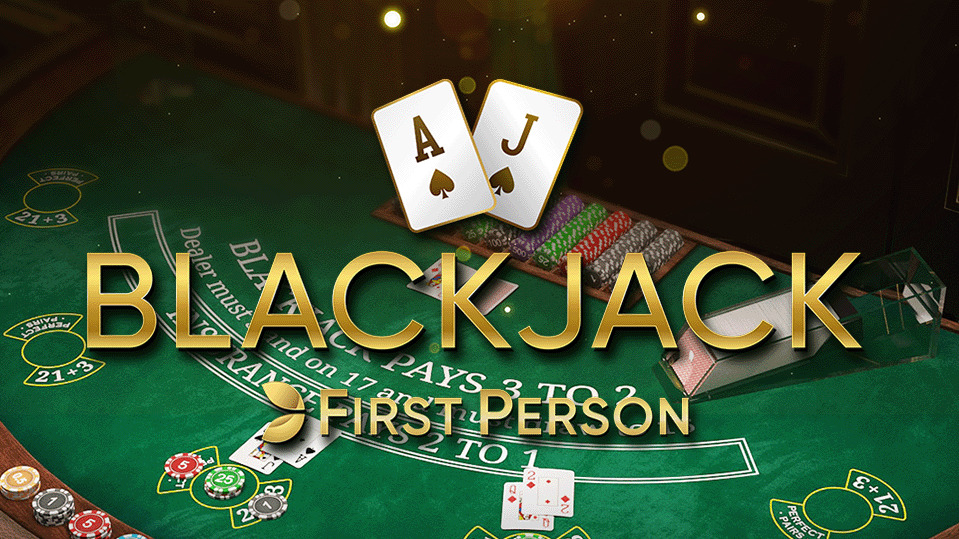
Poker and Mental Health: Staying Focused and Avoiding Burnout
Competitive poker is often portrayed as a thrilling game of skill and intuition, but behind the scenes, it demands intense mental resilience. Long hours at the table, high-stakes decisions, and prolonged periods of stress can take a toll on a player’s mental well-being. Understanding the impact of poker on psychological health is essential for maintaining long-term performance and life balance.
Understanding the Psychological Demands of Poker
Poker is not merely a game of cards — it’s a psychological battlefield. Players must read opponents, manage emotional swings, and make high-pressure decisions based on incomplete information. This cognitive load can strain even experienced professionals.
One of the most common psychological challenges is “tilt” — a state of emotional frustration that affects decision-making. Regular exposure to variance and bad beats can lead to emotional fatigue, which, if unchecked, increases the risk of burnout.
Moreover, isolation is a significant factor. Whether grinding online or travelling for live events, many players operate in solitary environments. Lack of social support and inconsistent routines can exacerbate anxiety and depression symptoms.
Signs You Might Be Approaching Burnout
Burnout in poker does not always present itself dramatically. It can creep in subtly through reduced motivation, irritability, and detachment from the game. Players may notice decreased concentration or a decline in decision quality, often misattributing this to a downswing rather than mental exhaustion.
Sleep disturbances, emotional numbness, and a persistent sense of fatigue are also red flags. These symptoms should not be ignored, as they can spiral into more severe mental health conditions like depression or chronic anxiety if not addressed.
Tracking mood changes and performance patterns can help players spot these issues early. Maintaining a journal or using mood-tracking apps may provide insight into psychological shifts that affect gameplay.
Practical Strategies to Maintain Focus and Mental Health
Establishing a structured daily routine is crucial for mental resilience. This includes regular sleep, balanced nutrition, physical activity, and scheduled breaks — habits often neglected by those absorbed in the game. Discipline outside the table reinforces discipline within the game.
Mindfulness and meditation practices have proven effective in enhancing emotional regulation and focus. Even short daily sessions can help players stay present and reduce the cognitive noise that clouds strategic thinking.
Additionally, goal setting should focus on process rather than results. Measuring success by how well you execute your strategy rather than outcomes helps maintain a healthy mindset, especially during variance-heavy periods.
Creating Healthy Habits Around the Game
Players should set boundaries for session lengths and avoid marathon play, which often leads to deteriorating decision quality. Scheduled days off are not a luxury but a necessity for recovery and reflection.
Physical activity plays a vital role in brain health. Regular exercise not only boosts mood through endorphin release but also enhances memory and concentration — key faculties in poker performance.
Nutrition is equally important. A diet rich in whole foods, healthy fats, and complex carbohydrates fuels cognitive endurance. Hydration also plays a role in maintaining alertness during sessions.

Building a Supportive Environment
Connecting with a community of like-minded players can be invaluable. Discussing hands, sharing experiences, and supporting each other through challenges reduces the sense of isolation and fosters continuous learning.
Professional coaching and mental game specialists can provide tailored strategies to manage stress, handle losses, and reinforce a growth mindset. Investing in this support can be as impactful as studying hand ranges or game theory.
It’s also beneficial to maintain friendships outside the poker world. These relationships offer perspective and emotional grounding, reminding players that their identity is not solely tied to the outcomes of their sessions.
When to Seek Professional Help
If feelings of anxiety, depression, or emotional numbness persist despite lifestyle adjustments, it’s essential to seek help from a licensed mental health professional. Poker players are not immune to psychological disorders and addressing them early is crucial.
Signs that indicate the need for intervention include persistent low mood, withdrawal from social interactions, and thoughts of hopelessness or worthlessness. Therapy, whether cognitive behavioural or solution-focused, can provide practical tools and emotional relief.
Remember, seeking help is a sign of strength and commitment to both personal and professional longevity. The best players recognise the value of mental health as much as technical skill.
Most popular
-
 Review of the Greedy Wolf slot from Pragmatic Play
Review of the Greedy Wolf slot from Pragmatic PlayPragmatic Play, renowned for its innovative approach in the world of online slots, has recently introduced the …
-
 First Person Blackjack
First Person BlackjackAt the moment in the gaming industry there are a lot of interesting and really high quality …
-
 Heroic Spins Slot Game Review
Heroic Spins Slot Game ReviewThe Heroic Spins slot game has captured the attention of many gambling enthusiasts since its release. Launched …
